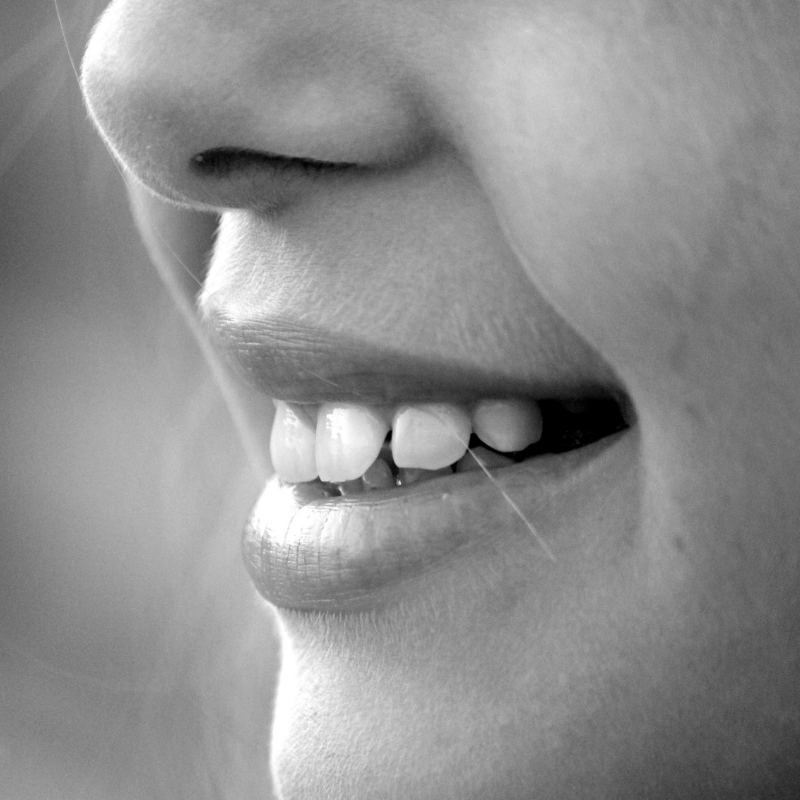I’ve never been one to spend a ton of money on big-ticket items.
I like nice things, but I consider myself a reasonable person who lives within my means.
However — and this is a big however — I’ve always loved a good deal. If I see a sale, I’ll impulsively buy something that I didn’t know I “needed.”
Actually, I take that back. I’ll buy five of that thing I didn’t know I “needed.” Years ago I bought six wine chillers on a daily deals website. Who the heck needs six wine chillers?!
After having three children in less than four years, I found myself surrounded by stuff. Toys, books, bags, papers and everything in between began cluttering my home and altering my mood.
At least one day every weekend I’d be cleaning, organizing and digging us out from the past week. I can’t even imagine how much money I’ve spent on containers, bins and baskets to organize all the junk (yes, junk) in my home. (I think I’m better off not knowing.)
Exhausted and frustrated, I felt like a failure. I was done. I no longer wanted to organize. I wanted to spend the weekends with my kids instead of cleaning. I wanted space in the closet to store my vacuum cleaner (what a novel idea!). I didn’t want to feel grouchy and overwhelmed the second I stepped in the door after a long day in the office.
I refused to be weighed down by the things that simply didn’t matter. I was no longer going to let stuff define me and stress me out. I think we can all agree that life is way too short for that.
This is when I stumbled upon minimalism. And that’s when things changed for me.
You’re probably wondering what this has to do with my finances? Everything.
Minimalism is the concept of being intentional about what you surround yourself with. Essentially, when you get rid of excess stuff (clutter!) you can live free of many distractions (including debt).
In January, I played the Minimalism Game (#minsgame) and got rid of a specific number of items each day. One item on the 1st, two items on the 2nd, all the way up to 31 on the 31st. Each day I was inspired to get rid of more and more. I posted about this on Instagram (@DMcFaddenLowell) and began inspiring others to do the same. I got rid of hundreds of items, and boy did that feel amazing.
Throughout this process, I’ve learned so much about myself. Here are a few things that minimalism has taught me:
- Experiences are so much more meaningful than things. If I’m going to spend money on my kids or purchase a present for someone, experiences are the way to go. There’s no substitute for making memories and memories are not made in a box or created on a tablet.
- You need much less than you think. I purged more than half of the dishes and small appliances in my kitchen and I don’t miss a thing. I got rid of bags and bags of clothes and freed up space in my closet and dresser. I donated stuffed animals and toys and my kids haven’t asked for a single one.
- When you have less stuff, you don’t have to spend a lot of time cleaning and organizing. You free up time and that’s the most precious thing we all have.
- Cutting back on excess “stuff” means you buy less, spend less and save more.
While I don’t consider myself a full-fledged minimalist, I do appreciate the thought behind it and I plan to continue to work toward owning and spending less. Saving money for a rainy day fund, college and retirement means a whole lot more than spending money on a toy that will be played with for five minutes or a cute pair of shoes that hurt my feet.
Once you start being deliberate about how you spend your money, you’ll feel empowered to make good decisions and motivated to save. Doesn’t that sound like a plan you can get behind?
Originally published at themoneymill.com.
Follow us on Facebook for all the latest news on how you can keep Thriving.
More from Thrive Global:
8 Things You Should Do After 8 P.M. If You Want to Be Happy and Successful


